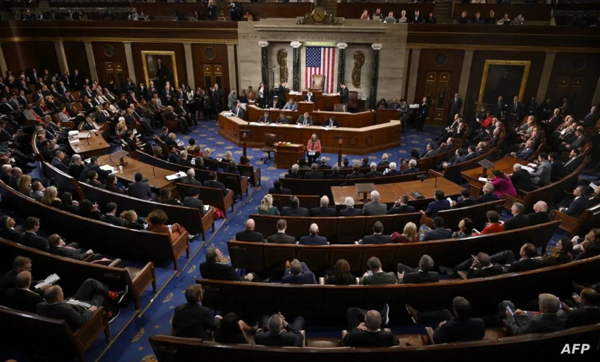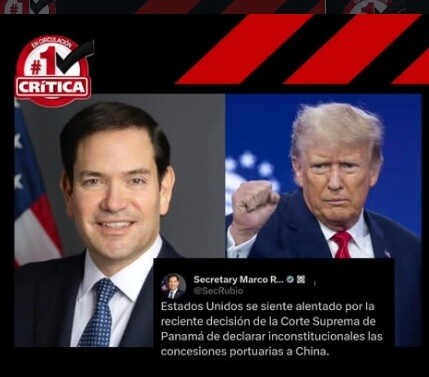
At the beginning of the upcoming year, the U.S. Trade Representative will inform Congress of the issues they wish to bring to the table for review of the treaty between the United States, Mexico, and Canada (T-MEC). In the case of Mexico, the government led by Dr. Ebrard is heading a team that has been working across various sectors of the economy to form a working group that will assist the Ministry of Economy in these efforts.
In the event that even one of the countries does not agree to renew the treaty, there is the possibility of continuing annual reviews until a consensus is reached to extend the agreement until 2042, which means that these reviews could last up to 10 years, with the treaty concluding in 2036 if there is no consensus among the three countries. Additionally, any of the three countries could denounce the treaty with six months' notice, leading to its termination.
Canada's position will partly depend on the results of the upcoming elections and its relationship with the new U.S. administration. The periodic review clause of the treaty is unprecedented in international trade agreements, leaving open the possibility that these reviews could include the reopening and renegotiation of entire issues.
It is crucial for the three countries to maintain this treaty, which is fundamental for Mexico, whose economy relies heavily on it. For example, in the automotive market, 42 percent of the auto parts used in the United States come from Mexican factories. The imposition of tariffs has been a constant concern, but negotiations are expected to be selective and differentiated regarding percentages.
The review of the T-MEC will begin in July 2026, with consultations with interest groups already scheduled for October 2025. Trade between the three economies reached 1.88 trillion dollars in 2023 and is vital for the economic interdependence of the region.














